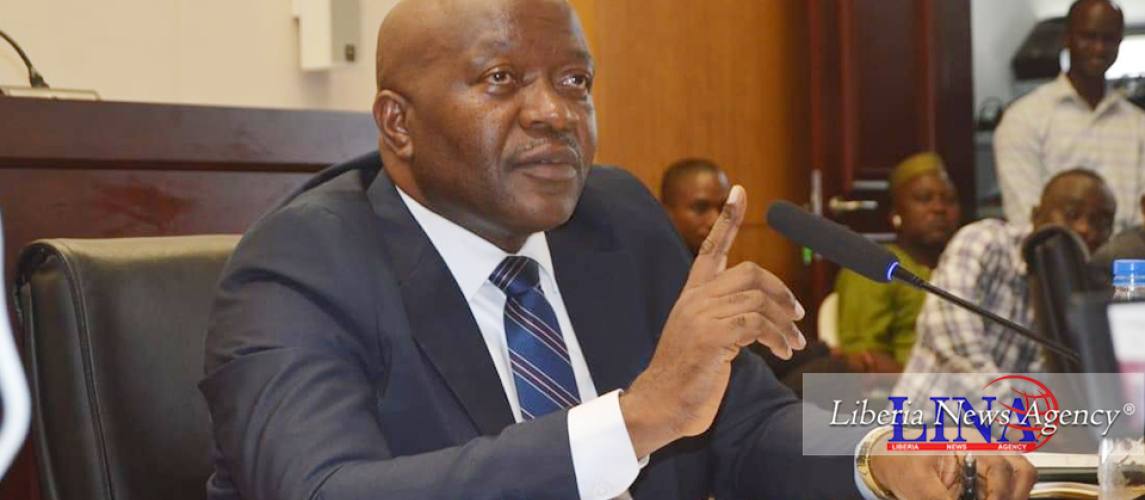
Finance Minister Designate Vows To Enhance Key Revenue Sectors
Society-Revenue-MFDP
Finance Minister Designate Vows To Enhance Key Revenue Sectors
By P. Vangerline Kpotoe
Finance Minister designate Augustine K. Ngafuan, has pledged to improve revenue generation from key sectors aimed at stimulating the country’s economy.
Speaking during his confirmation hearing on September 5, 2024, at the Liberian Senate, Ngafuan noted that while the mining sector was a significant driver of economic growth in 2023, mineral royalties fell 38 percent below target, according to World Bank reports.
He emphasized that this discrepancy highlights the need for a comprehensive review of key revenue-generating sectors by the Ministry of Finance, Liberia Revenue Authority (LRA), and other government agencies.
Ngafuan stated that the goal is to identify the true revenue potential of these sectors and address the challenges hindering their growth, adding, “we will take a one-government approach to unlock the potential of these sectors and support the LRA and other revenue-generating agencies in raising more revenue for the government.”
He stressed the importance of fully leveraging technology and digitization to close revenue leakages and increase government income.
However, Ngafuan warned against overburdening these sectors, stating, “we shall push all revenue-generating agencies to their full potential, but we must be careful not to milk the willing cow to death.”
Ngafuan also called for support to ”Made in Liberia” initiatives through appropriate incentives and protections, which would not only boost revenue but also create jobs.
He outlined plans to collaborate with the Ministry of Commerce and Industry (MOCI), the National Port Authority (NPA), and other agencies to simplify business registration processes and improve efficiency at the Liberian Business Registry (LIBR) and the Freeport of Monrovia.
Additionally, Ngafuan emphasized the importance of enhancing the credibility and efficiency of the budget process, which include realistic revenue forecasting, particularly in the extractive sectors, to avoid frequent budget recasts and appropriation cuts due to revenue shortfalls.
He highlighted the need to reduce bureaucratic delays at the Ministry of Finance, ensuring faster processing of allotments and payments to vendors, citing, “we shall develop average timelines for business processes at the Ministry and monitor adherence to ensure that documents and vouchers move through the system without being pushed.”
Ngafuan also noted the positive economic impact of reducing transaction processing times, as it creates predictability and certainty for government payments, lowering costs for goods and services procured by the government.
